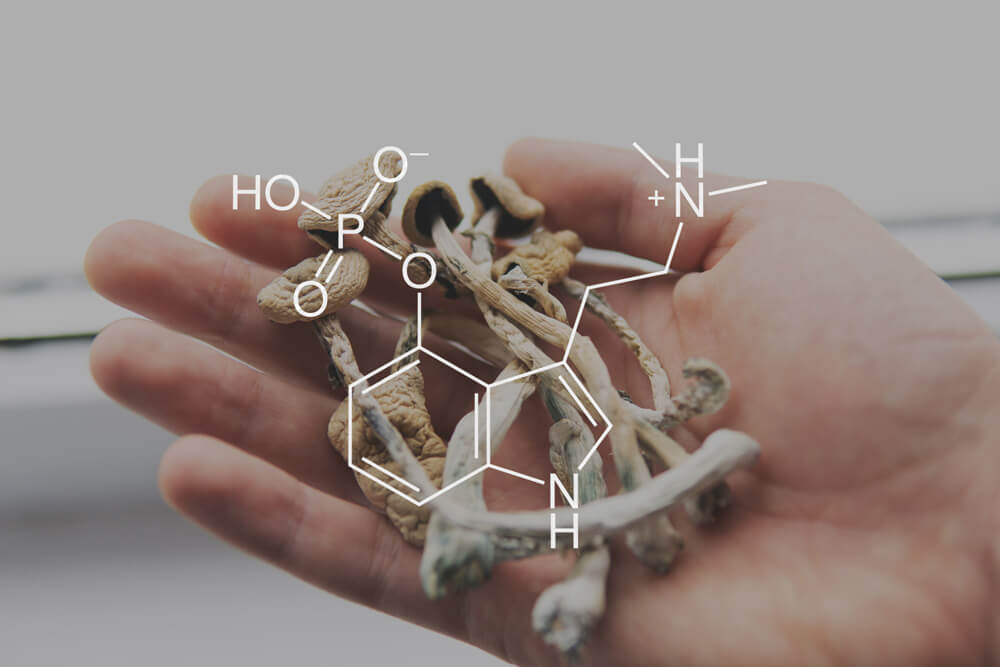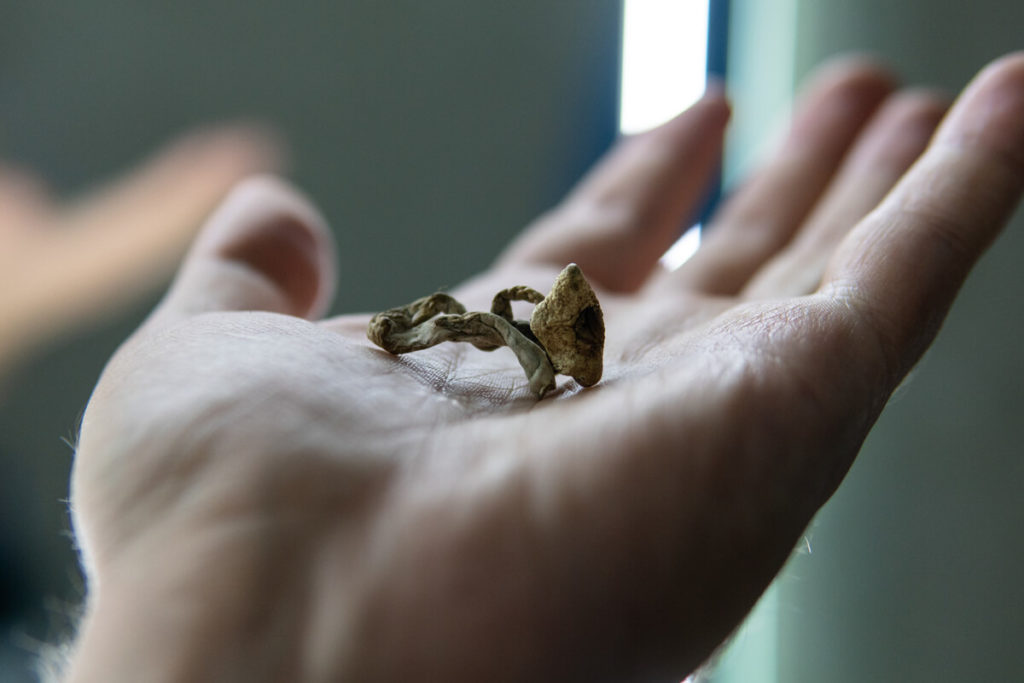Psilocybin Therapy
Home > Psilocybin Therapy
A groundbreaking approach in the realm of mental health.
What is Psilocybin Therapy
Psilocybin Therapy represents an emerging frontier in the realm of therapeutic intervention, harnessing the potential of psilocybin for both mental health enhancement and physical pain management. This innovative approach not only complements traditional therapies but also augments their effectiveness through the enhancement of a fundamental process: neuroplasticity.
Neuroplasticity, the brain’s remarkable capacity to restructure itself by forming novel neural connections throughout life, lies at the core of this therapeutic paradigm. This inherent adaptability underpins essential cognitive functions such as learning, memory consolidation, and recovery from neurological trauma. While still in its nascent stages within modern medicine, the integration of psilocybin into therapeutic regimens represents a promising avenue for leveraging neuroplasticity in the pursuit of holistic well-being.
Beyond its role in fostering neuroplastic changes, psilocybin’s therapeutic potential extends to its anti-inflammatory properties. Recent research has elucidated its ability to modulate the production of inflammatory cytokines, particularly tumor necrosis factor alpha, through interactions with serotonin receptors. This mechanism positions psilocybin as a safe and efficacious agent for mitigating various forms of inflammation, including neuroinflammation, offering a multifaceted approach to addressing both mental and physical health challenges.
As the field of psilocybin therapy continues to evolve, propelled by ongoing research and clinical trials, it holds promise as a transformative force in healthcare. By harnessing the synergistic effects of neuroplasticity enhancement and anti-inflammatory action, psilocybin therapy stands poised to redefine conventional approaches to healing, offering renewed hope and potential relief for individuals grappling with diverse health concerns.



The Psilocybin Therapy Application
Embarking on a Psilocybin Session
In contrast to the conventional therapeutic approach characterized by dialogue, a psilocybin session emphasizes internal exploration, often rendering verbal communication overwhelming for participants under its influence. Rather than engaging in conversation, individuals are encouraged to immerse themselves in their thoughts, facilitating profound introspection. The psychedelic state induced by psilocybin triggers significant shifts in information processing within the brain, leading to lasting disruptions in entrenched patterns of thought and perception. This transformative process holds the potential for profound healing and personal growth by unraveling maladaptive cognitive and sensory frameworks.
At Eleusinia, the setting for psilocybin sessions is carefully curated to provide a tranquil and secure environment conducive to deep exploration. Nestled within a serene garden, participants are enveloped in a sense of calm and safety, essential for facilitating profound introspection and emotional processing. Trained guides, adept at navigating the complexities of the psychedelic experience, accompany participants throughout the session. Beyond ensuring physical safety, these guides serve as empathetic conduits, providing support and encouragement for participants to delve into their emotions and navigate the depths of their consciousness. By offering a nurturing and supportive atmosphere, Eleusinia fosters an environment where individuals can fully engage with the therapeutic potential of psilocybin, facilitating transformative experiences and profound personal insights.




What is Psilocybin?
Psilocybin, the transformative psychoactive compound found in magic mushrooms, acts as the driving force behind their mesmerizing psychedelic effects. This naturally occurring and non-toxic substance has held a sacred place in the spiritual practices of indigenous communities across the Americas for centuries. Initially utilized as a ceremonial sacrament within these communities, its influence transcended boundaries in the 1960s when Maria Sabina, a native of Oaxaca, shared the mystical experience of psychedelic mushrooms with a visiting banker from New York.
The introduction of psilocybin to the United States marked a pivotal moment in its history, as it swiftly found a place within the countercultural wave of the 1960s, particularly gaining popularity within the hippie movement. Its use during this era was primarily recreational, as individuals sought to explore altered states of consciousness and expand their perceptions.
In more recent times, there has been a noteworthy shift in the narrative surrounding psilocybin. The focus has evolved from its recreational use to a more nuanced exploration of its potential therapeutic benefits. Numerous clinical trials have been conducted, revealing promising results in the realm of mental health and chronic pain management. Researchers and medical professionals are increasingly intrigued by the possibility of leveraging psilocybin as a tool for addressing conditions like depression, anxiety, and PTSD, opening up new avenues for the integration of psychedelics into mainstream medicine. This transition reflects a broader acknowledgment of the substance’s multifaceted nature, from a catalyst for spiritual experiences to a potential agent of healing and mental well-being.
Unlocking the Benefits Through Psilocybin Therapy Integration
The key to harnessing the benefits of psilocybin therapy lies in integration. This process involves making sense of the psychedelic experience and incorporating insights into daily life.
Integration specialists and journaling play a pivotal role in this journey, aiding in recalling and solidifying the often ethereal states experienced during sessions.
At Eleusinia, guests experience at least (2) one-on-one psilocybin therapy integration sessions with trained team members. At the discretion of the participants, these sessions themselves are also documented so that the participants can share with their personal family, medical and other professional acquaintances.
